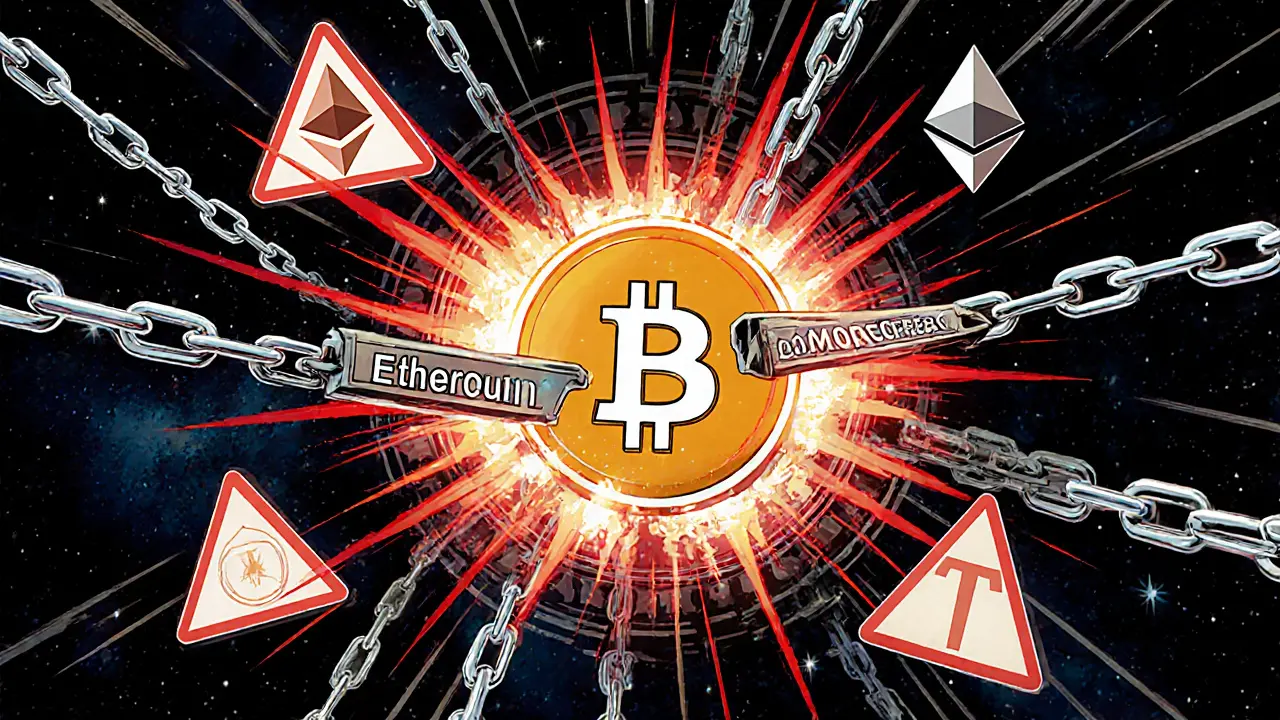When you hear sanctioned entities, individuals, companies, or organizations officially blocked by governments from accessing financial systems. Also known as blocked parties, these are names listed by agencies like the U.S. Treasury’s OFAC that crypto platforms must screen for to avoid legal trouble. This isn’t just paperwork—it’s a real filter that affects who can trade, who gets frozen out, and why some exchanges shut down certain wallets overnight.
These sanctions aren’t random. They target people tied to terrorism, drug trafficking, cybercrime, or regimes under international pressure. In crypto, that means wallets linked to North Korean hacking groups, Russian oligarchs evading sanctions, or darknet market operators. Platforms like Binance, Coinbase, and even smaller DeFi tools now scan blockchain addresses against OFAC lists. If your wallet touches one of these flagged addresses—even by accident—you could get locked out. It’s not about your intent; it’s about the chain of transactions.
That’s why you see so many posts here about shady exchanges like Burency Global, a fake crypto platform with no regulatory proof or user activity, or YOOBTC, a no-KYC exchange that avoids compliance checks entirely. These platforms often attract users who want to bypass sanctions, but they’re also magnets for trouble. Regulators don’t go after every small exchange—but they do go after the ones that ignore red flags. That’s why Singapore’s MAS, the Monetary Authority of Singapore, which enforces strict AML and compliance rules for crypto firms has effectively shut the door on new licenses. They’re not banning crypto—they’re banning the chaos.
And it’s not just about exchanges. Airdrops like WSPP, a fake crypto scam pretending to help the poor, or THN, a non-existent token claim tied to the Throne project, often get flagged because they’re used to launder funds or trick unsuspecting users into interacting with blacklisted addresses. Even if you’re not trying to break the rules, you can get caught in the net.
What you’ll find in these posts isn’t theory—it’s real cases. Dead tokens. Fake exchanges. Scams that slipped through the cracks. And the quiet enforcement behind the scenes that keeps the system from collapsing. If you trade crypto, you’re already part of this system. The question isn’t whether sanctions matter—they do. The question is whether you know how to stay clear of them.

OFAC now sanctions over 1,200 crypto addresses linked to terrorists, hackers, and state actors. Learn how U.S. sanctions target wallets, stablecoins, and even AI trading bots-and what it means for users and exchanges in 2025.